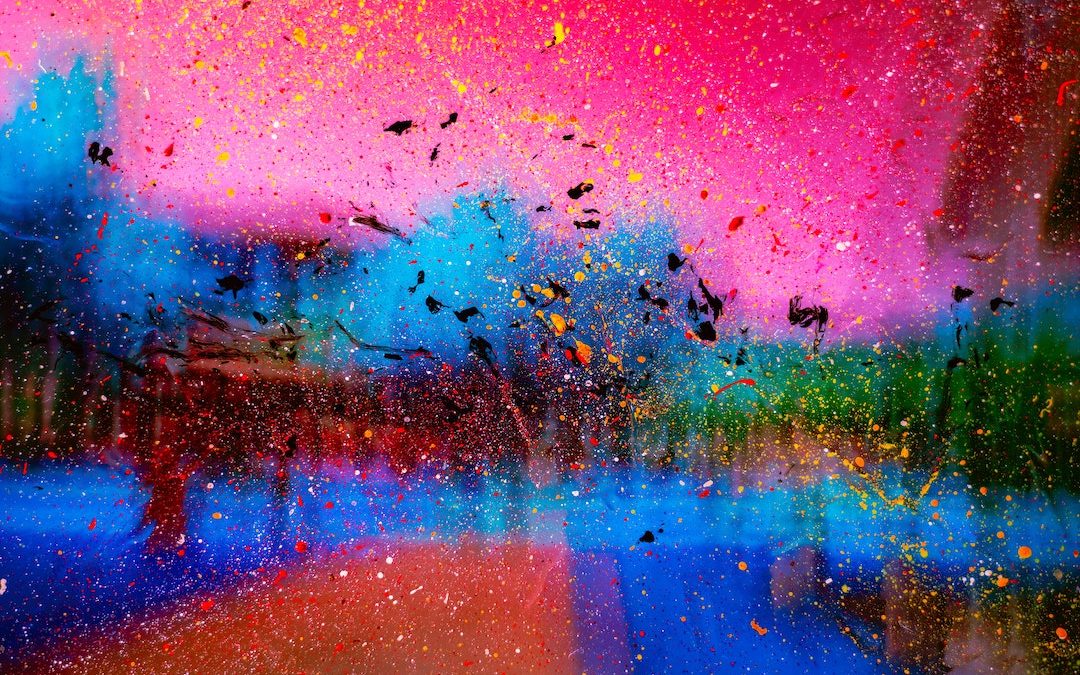We are all born with a giant measure of creativity.
Of course that creativity looks different from person to person. Some use their creative brains to write fantastical or realistic stories. Some use creativity to draw portraits or dance on stage or act. Some use it for science and technology, psychology or caretaking.
Any time we problem solve, we are using our creative brains.
It’s true that we don’t always feel creative. Sometimes we feel the very opposite of creative. I often feel the very opposite of creative when I’m tired or overwhelmed or burned out and running on fumes or when one of my sons talks to me for an hour and a half about some video game I know nothing about.
How do we spark our imaginations when we feel decidedly un-creative?
Well, like most things regarding creativity, it doesn’t come down to an exact science. It will vary from person to person. But there are some things science says can help.
Like doing some other creative thing that isn’t directly related to the creative thing we’re trying to do. For example, when I feel un-creative in my writing, sometimes I take a step away from whatever project I’m working on and focus on something else that requires my creative brain—baking, drawing (although I’m not good at it; I just play around), or, sometimes, sewing bags and self-designed things I might use later as holiday gifts.
I have a friend who crocheted dragons with her newest Dragons chapter book. (They are super cute. She is amazingly talented.)
Time away is helpful. Sometimes all it takes to get the imagination back online is to take a break from our creations. It could be a short five-minute break or a rest-of-the-day break because we recognize we may be pushing ourselves too hard or putting too much pressure on ourselves. It could be a week-long vacation where we immerse ourselves in another routine entirely.
Movement also sparks the imagination. Science shows that when we take a walk or go on a run or stretch out into a yoga flow, it sends more blood to the brain. And more blood to the brain means we have a greater capacity for creative thinking. Schedule a break and take a vigorous walk. When you’re done, return to your project. I bet you’ll have all sorts of new ideas.
It’s probably no surprise that a reading or music break helps ignite the imagination. It can seem counterintuitive to creative pursuits, but our consuming can distract our more logical, conscious mind and allow the subconscious mind an opportunity to play freely. And the books we read, the music we listen to, the shows we watch (so long as we don’t spend all our time consuming) can potentially inform our creativity and unlock ideas for our ongoing projects. When I read books like Isabel Wilkerson’s Caste or Rosalind Miles’s The Women’s History of the Modern World, or anything by A.S. King, my brain is filing information and techniques and new ideas in some cabinet, to be used later. It’s magical.
I’ve included more suggestions below. But this is something about which we’ll have to be experimental. Paying attention to the things that light up your imagination are important. Become your own detective.
May you have a joyfully imaginative month.
Here are more ideas for sparking your creativity:
1. Using prompts
Writer’s Digest posts a weekly prompt that I’ll check out now and then. But we can also make our own—looking at photos or pieces of art (in poetry, this is called an Ekphrastic poem). I have some daily desk calendars—one features a new vocabulary word and another shares a quote from a semi-famous person—that I’ll use as inspiration for creative projects (in fact, the vocabulary one inspired a YA book that I just finished, in which every chapter is a new vocabulary word). Prompts and visual art can often kick-start our creativity.
WD prompts: https://www.writersdigest.com/be-inspired/poetry-prompts
2. Visualization
It sounds a little weird, but sometimes when I’m stuck in a creative project I will lie down on my bedroom floor, close my eyes, and visualize my characters interacting with each other. Sometimes I’ll turn this into a meditation session. Or sometimes I’ll do an actual meditation session, without thinking about anything related to my project. Just getting the mind free and clear of all its daily junk can be useful for freeing up the space needed for greater measures of creativity.
Playing with the kids. Or doing what-if scenarios with the kids.
3. Music
I mentioned this earlier, but music can really get the brain firing. If you feel stuck, take some time away to make playlists. Sometimes I’ll make playlists for the books I’m working on. Music has a magical ability to make us feel more relaxed and open to the world around us. If you’re writing words, though, wordless music would probably be best. But there’s some great inspirational music (I’m thinking John Williams and Danny Elfman.)


